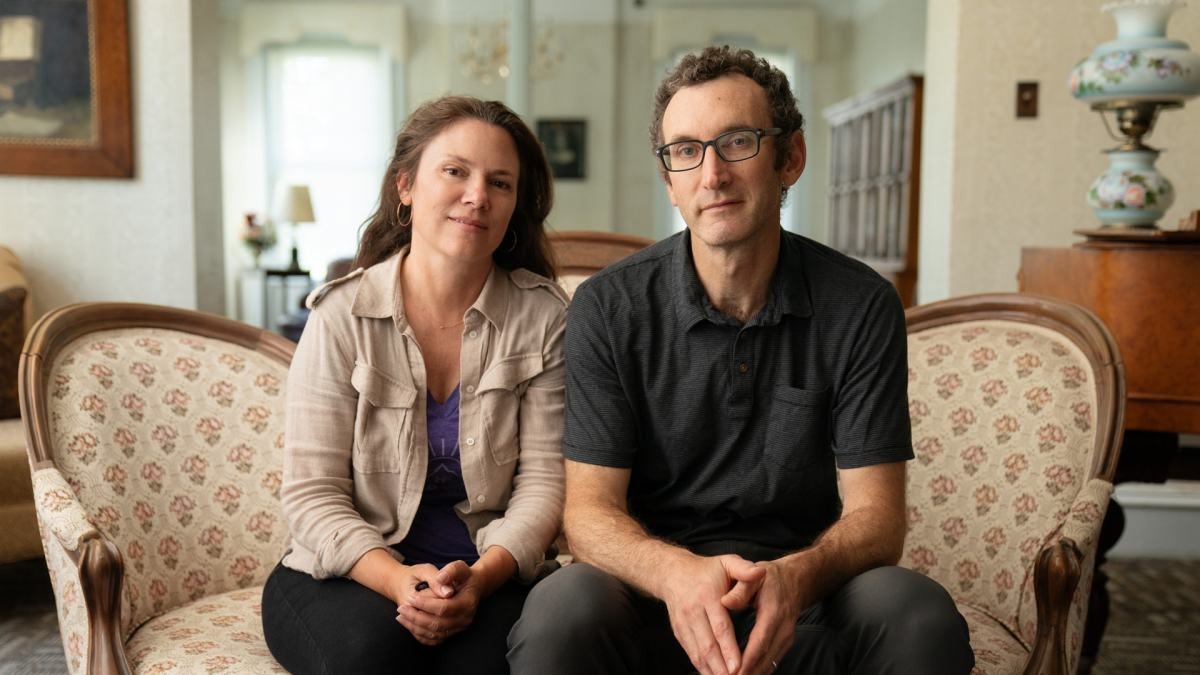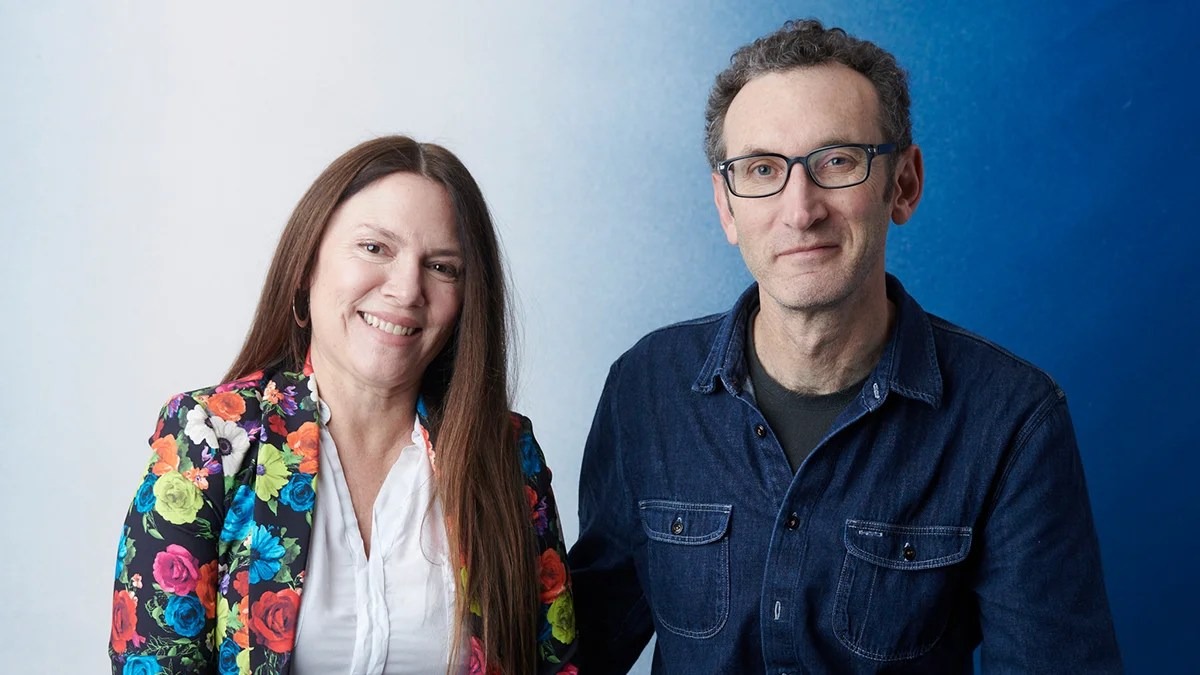After their acclaimed documentary “Boys State,” a political microcosm compared to “Lord of the Flies,” filmmakers Amanda McBaine and Jesse Moss ventured into a different territory with “Girls State.”
Their latest work, set to premiere on Apple TV+ on April 5, shifts focus to how young women might approach governance, promising an inspiring and empowering narrative. Far from a simplistic “Mean Girls” in politics, “Girls State” unfolds in Missouri, aiming to showcase the potential of female leadership in a political setting.
The documentary takes place at a weeklong workshop organized by the American Legion in Missouri, where around 700 high school juniors from the state dive into the complexities of government operations.

Filmmaker Amanda McBaine and Jesse Moss (Credits: News Online)
This unique program challenges participants to engage deeply with issues affecting education, law, and commerce. As highlighted in the film, the emphasis is on collaborative empowerment over competition, with an instructor encouraging participants to support rather than undermine each other.
This exploration raises the question: Do women engage in politics differently? Filmed at Lindenwood University, the documentary captures the essence of the American Legion’s government simulation, providing a platform for young women to demonstrate their leadership and decision-making skills.
For McBaine, the journey to “Girls State” was fraught with apprehension, given the success of their previous project. However, meeting the enthusiastic and emotionally articulate participants alleviated her concerns, showcasing a group of young women ready to face political challenges head-on.

Amanda McBaine and Jesse Moss (Credits:
TheWrap)
One standout participant, Faith Glasgow, reflects on her experience, noting the heightened honesty and camaraderie that developed among the participants, likening it to the dynamics of a summer camp.
The documentary also touches on the disparities between the Girls and Boys State programs, with Glasgow and others noting differences in resources, opportunities, and treatment that highlight broader societal inequities.
Yet, the documentary focuses on the participants’ immersive experience in governance and the emergent conversations around pressing issues, including abortion rights, which loomed large during the filming.
“Girls State” examines whether a more equitable and collaborative approach to politics, as modeled by these young women, could offer lessons for broader societal governance.
With Moss and McBaine’s daughters playing a role in the film’s production, the project becomes a personal exploration of the potential for positive change in political engagement.
As America grapples with issues of representation and gender equality, “Girls State” offers a glimpse into a possible future where political leadership reflects its population’s diversity and collaborative spirit. It challenges viewers to consider the benefits of a more inclusive approach to governance.























